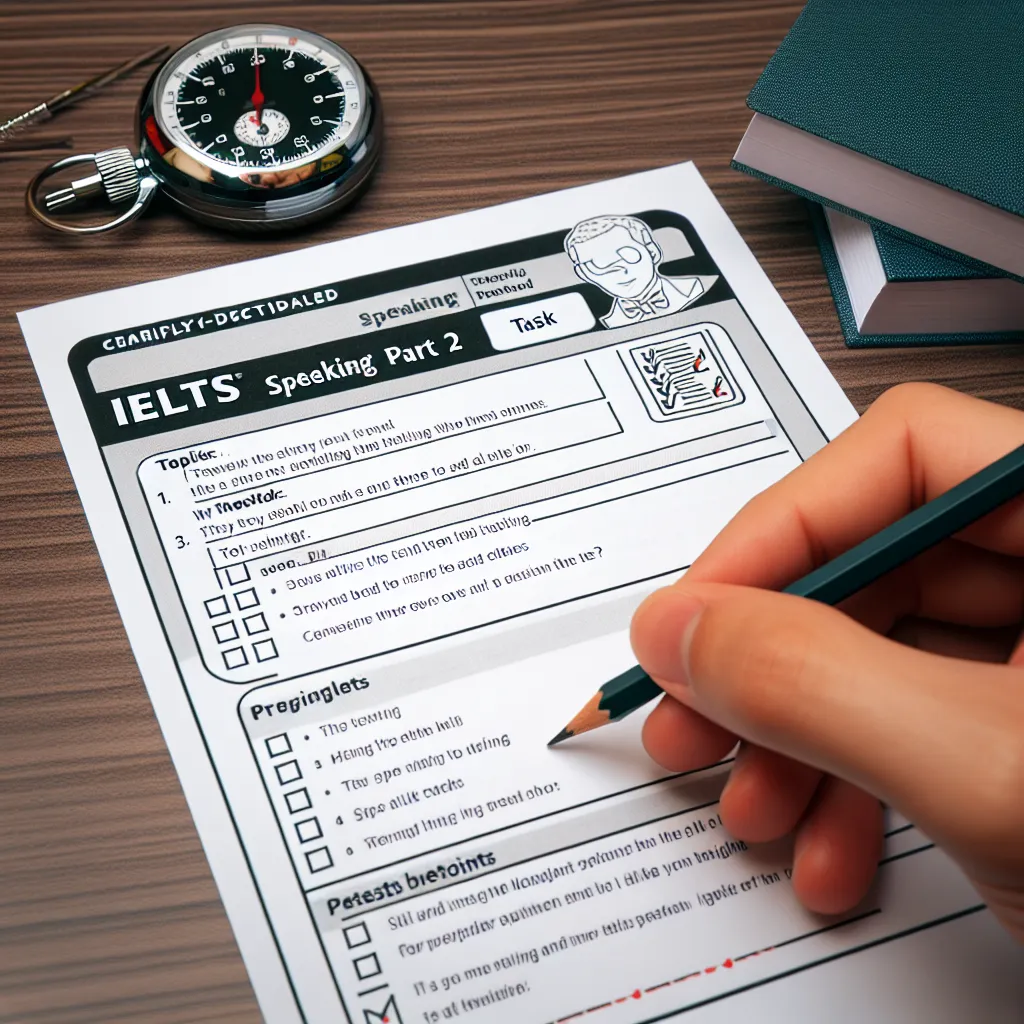Are you preparing for the IELTS exam and feeling anxious about the Writing Task 1? You’re not alone. Many test-takers find this section challenging, but with the right approach, you can significantly improve your performance and avoid common pitfalls. In this comprehensive guide, we’ll explore expert strategies to help you steer clear of mistakes in IELTS Writing Task 1 and boost your chances of achieving a high band score.
Understanding IELTS Writing Task 1
Before diving into the strategies, it’s crucial to understand what IELTS Writing Task 1 entails. This task requires you to describe, summarize, or explain information presented in a graph, table, chart, or diagram. You need to write at least 150 words in about 20 minutes, demonstrating your ability to analyze data and communicate it effectively in written English.
 IELTS Writing Task 1 Example
IELTS Writing Task 1 Example
Common Mistakes to Avoid in IELTS Writing Task 1
1. Misinterpreting the Data
One of the most critical errors is misunderstanding or misrepresenting the information provided. To avoid this:
- Spend adequate time analyzing the visual information before writing
- Identify the main trends, patterns, or comparisons
- Double-check your interpretation against the data
2. Neglecting the Overview
Many candidates forget to include an overview, which is a crucial component of Task 1. To address this:
- Write a clear overview paragraph after your introduction
- Summarize the main trends or key features of the data
- Avoid including specific figures in the overview
3. Over-describing Minor Details
While it’s important to be thorough, focusing too much on insignificant details can cost you valuable time and words. Instead:
- Prioritize the most significant trends or changes
- Group similar data points together when describing them
- Use appropriate language to indicate the relative importance of different aspects
4. Poor Organization and Paragraph Structure
A well-organized response is crucial for clarity and coherence. To improve your structure:
- Use a clear introduction, overview, and body paragraphs
- Group related information logically
- Use transition words to connect ideas and paragraphs
5. Inappropriate Language and Vocabulary
Using the wrong vocabulary or language style can significantly impact your score. To enhance your language use:
- Learn and practice specific vocabulary for describing trends and data
- Use a variety of synonyms to avoid repetition
- Ensure your language is formal and academic in tone
6. Inaccurate or Missing Units
Forgetting to mention units or using them incorrectly is a common oversight. To prevent this:
- Always include the correct units when mentioning specific figures
- Be consistent with your use of units throughout the response
- Double-check that you’ve used the correct units for each data point
Strategies for Success in IELTS Writing Task 1
1. Practice Time Management
With only 20 minutes for Task 1, efficient time management is crucial:
- Spend 3-5 minutes analyzing the data and planning your response
- Allow 10-12 minutes for writing
- Reserve 3-5 minutes for reviewing and editing
2. Develop a Template Approach
Having a mental template can help you structure your response quickly:
- Introduction: Paraphrase the question and provide context
- Overview: Summarize the main trends or key features
- Body Paragraphs: Describe specific details, grouped logically
- (Optional) Conclusion: Briefly restate the main points if time allows
3. Enhance Your Data Analysis Skills
Improving your ability to interpret visual information is crucial:
- Practice with a variety of chart types (line graphs, bar charts, pie charts, etc.)
- Learn to identify trends, patterns, and anomalies quickly
- Compare and contrast different aspects of the data effectively
4. Expand Your Vocabulary
A rich vocabulary will help you describe data more accurately and impressively:
- Learn synonyms for common trend-describing words (increase, decrease, fluctuate)
- Practice using adverbs to modify verbs (sharply, gradually, steadily)
- Familiarize yourself with comparative and superlative forms of adjectives
5. Master Paraphrasing Techniques
Paraphrasing is essential to avoid repeating the question or data labels:
- Practice rewording the task prompt in your introduction
- Use synonyms and alternative sentence structures
- Ensure your paraphrasing maintains the original meaning
 IELTS Writing Practice Session
IELTS Writing Practice Session
Important Considerations for IELTS Writing Task 1
Accuracy is Key
While a wide vocabulary and complex sentences are valuable, accuracy should never be sacrificed:
- Double-check all figures and percentages you mention
- Ensure your descriptions match the data presented
- Be cautious with absolute statements; use qualifiers when appropriate
Focus on Objectivity
Remember that Task 1 requires an objective description of the data:
- Avoid giving personal opinions or speculating on reasons for trends
- Stick to describing what you can see in the visual information
- Use neutral language rather than emotive words
Practice Makes Perfect
Consistent practice is the most effective way to improve your performance:
- Set aside regular time for IELTS Writing Task 1 practice
- Use official IELTS practice materials and past exam questions
- Seek feedback from teachers or experienced IELTS tutors
Next Steps in Your IELTS Preparation
Now that you’re armed with strategies to avoid mistakes in IELTS Writing Task 1, it’s time to put them into practice:
- Create a study schedule that includes regular Task 1 practice sessions
- Analyze a variety of charts and graphs, timing yourself to improve speed
- Write practice responses and have them reviewed by a tutor or study partner
- Focus on expanding your vocabulary related to data description
- Take full-length IELTS practice tests to gauge your progress
By following these expert tips and strategies, you’ll be well-equipped to tackle IELTS Writing Task 1 with confidence. Remember, consistent practice and attention to detail are key to achieving a high band score. Keep refining your skills, and you’ll see improvement in no time.
Good luck with your IELTS preparation!




